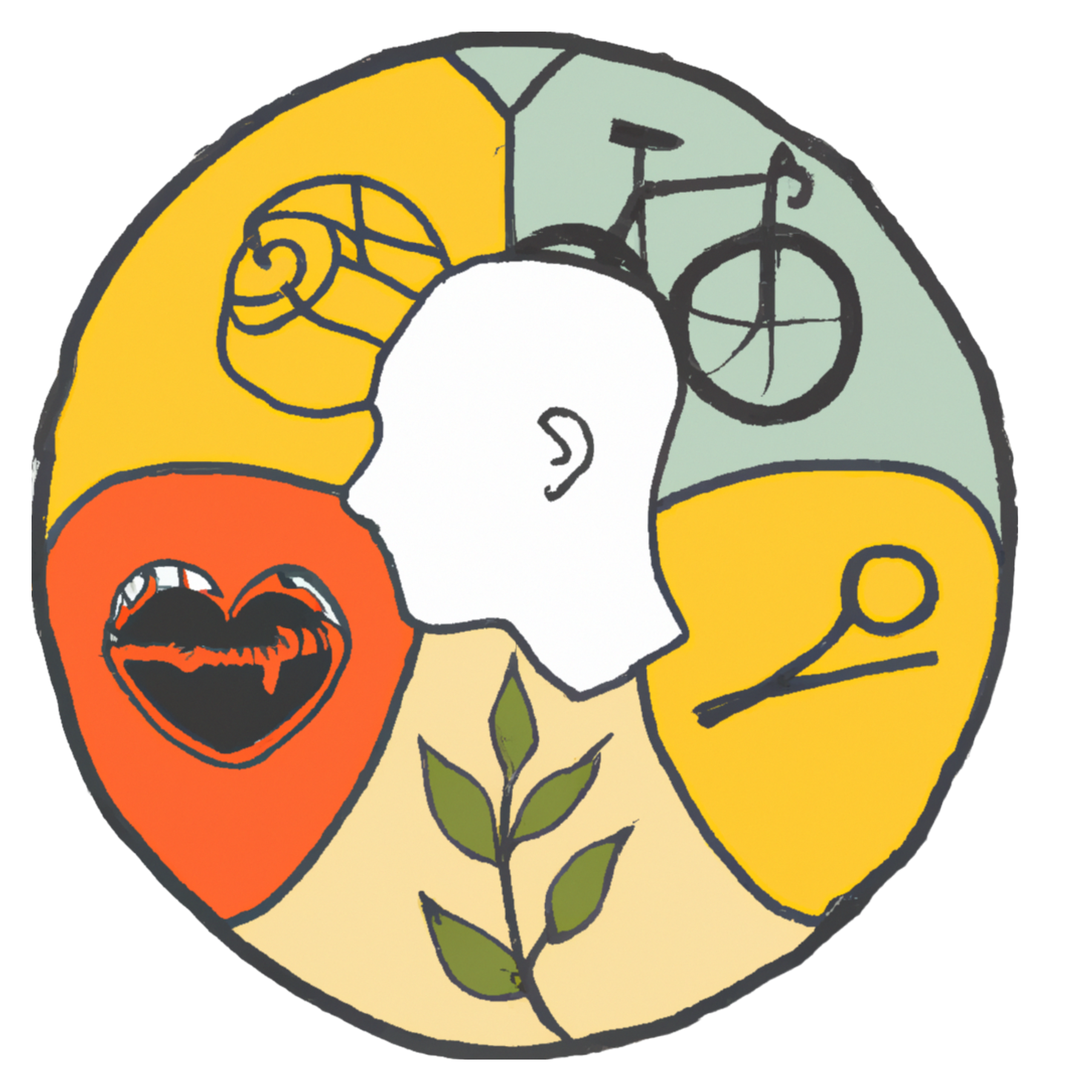This research examines mental health and its management in Riga, Latvia, focusing on young people with recent experiences of depression and anxiety. The study explores how people manage their mental health and what it means to manage it successfully. It aims to examine experience stories, practices, discourses, and care systems in the backdrop of the historical and current contexts, including the Covid-19 crisis and the war in Europe.
This research will form the basis of a doctoral thesis in Cultural and Social Anthropology at the University of Helsinki, Finland. The research supervisors are Dr Anni Kajanus and Prof. Sarah Green.
Research site and interlocutors. The fieldwork is conducted in Riga to ensure more consistent results regarding health management practices. The capital city has a relatively developed infrastructure, a wide range of available services, and a faster pace of life.
This research focuses on people aged 18-30 residing (living, working, or studying) in Riga who have recently experienced depression and anxiety. The selection of interlocutors is based on whether they self-identify with these criteria. In addition, the research will engage with policy, care, and other specialists promoting mental health and examine prominent discourses on mental health in Latvia. The study will explore different narratives in the informational space in Latvian.
I selected the specific profile of interlocutors to narrow down the research scope. Other criteria (different age groups, locations, etc.) are equally important and might be selected for further research.
Methods. The primary research and data collection methods are interviews (with young people and specialists) and participant observation. During interviews, I inquire people about their experiences and/or expertise on mental health. Participant observation entails regular meetups with interlocutors and engagements in activities relevant to their life management. In addition, this research includes analysis of online materials (articles, campaigns, booklets, flyers, and others) and secondary research materials on mental health promoted by the state or other relevant organisations.
Timeframe and results. The fieldwork will take place for the entirety of 2023. The thesis is expected to be finalised in 2025.
Ethics Due to the sensitive topic, the management of relationships and collected data are crucial elements of this research. Reflections on personal mental health struggles can be difficult for people; thus, I undertake to ensure a safe environment for these discussions, maintain honest and respectful relationships with people, and ensure informed consent. Furthermore, the collected data includes information about people and their health. Therefore, I have established a rigorous data management practice. The research has a clear informed consent procedure and a secure data collection and storage strategy. I ensure confidentiality to all interlocutors. No actual names (of people, places, and organisations) are included in the research results. This research received a statement from the University of Helsinki Ethical Review Board (Statement 40/2022) in the Summer of 2022.
Developed materials:
Results. Research results will be presented in a monograph, conference papers and presentations. The monograph will be written in English, but I plan to make research results available in Latvian.
In addition, I wish to develop practical applications of this project, such as recommendations for communication on the policy level or in primary care. Thus, I am open to suggestions and collaboration regarding this and other elements of the study.
Note: All illustrations for this project are artificial intelligence system’s (Dall-E 2) interpretations of my sketches and doodles. This webpage is developed in Latvian to communicate the project in detail to interlocutors and other interested parties. As this project is affiliated with the University of Helsinki, English translation is also available.
